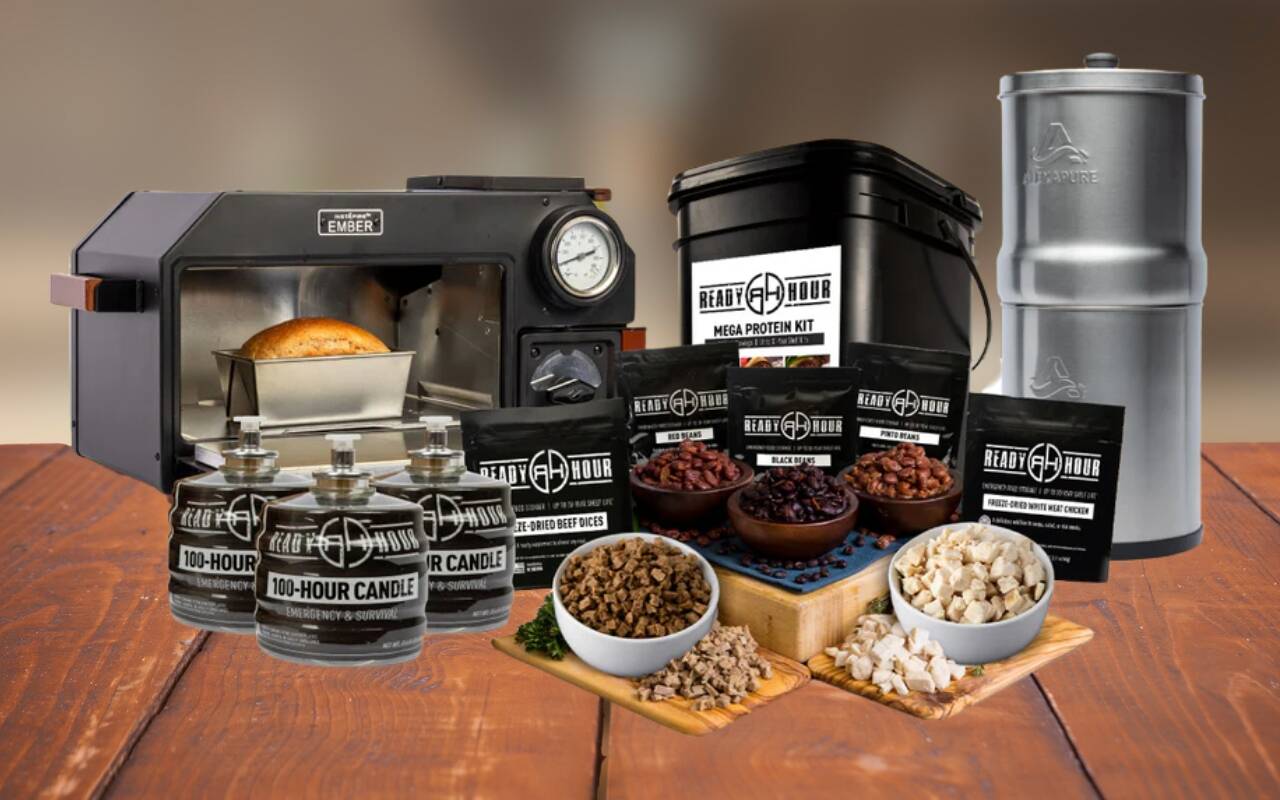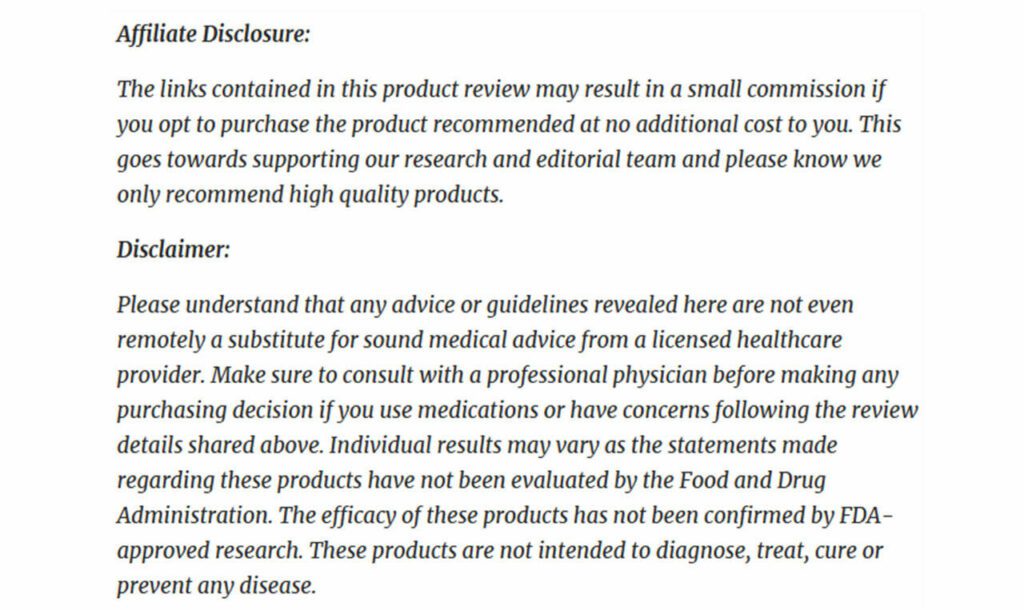Camping survival is a crucial skill for anyone who enjoys spending time outdoors. Whether you’re going for a short weekend retreat or gearing up for a longer wilderness expedition, understanding how to survive in the wild is essential. This comprehensive guide provides an in-depth look at the best practices for camping survival, the key gear you need, and practical tips to ensure your safety, comfort, and readiness in the outdoors.
What Camping Survival Really Means
Camping survival goes beyond simply enduring the outdoors—it’s about learning how to thrive in nature with minimal resources. A skilled camper is someone who can make use of the environment, adapt to various conditions, and be always prepared for any unexpected events. Survival camping is a way of life that blends knowledge, skills, and the appropriate equipment to guarantee safety and enjoyment while exploring the wilderness.
The core elements of camping survival revolve around three main principles:
- Preparation – Ensuring you have the necessary resources for warmth, hydration, and protection.
- Adaptability – Using the resources around you to overcome challenges and obstacles.
- Resourcefulness – Developing creative solutions, such as constructing shelters or purifying water, using natural materials.
Together, these principles provide the foundation for a successful and safe camping experience.
Be ready for anything—grab your essentials list!
The Critical Role of Planning Ahead
Before embarking on any camping adventure, the key to success is thorough preparation. Survival camping begins well before you set foot on the trail. It requires careful research, thoughtful planning, and ensuring that you have packed the correct gear for the conditions ahead.
1. Know Your Environment
One of the first steps in survival preparation is understanding the environment you’ll be navigating. What type of terrain will you encounter—mountains, forests, or rivers? Each type of terrain presents its own unique challenges and opportunities. For instance, in desert environments, it’s crucial to plan for heat and dehydration. On the other hand, in forested areas, while water and shelter may be more available, they can also be harder to locate due to dense foliage.
2. Weather Awareness
Weather conditions can greatly influence your experience in the wilderness. Always check the weather forecast before heading out. Sudden storms, temperature fluctuations, or extreme heat can put a strain on your safety. An emergency weather radio is a useful tool for staying updated while on your trip.
3. Let Someone Know Your Plans
It’s a good idea to inform a friend or family member about your travel plans before you head into the wilderness. Share your route, expected return time, and any other important details. This precaution ensures that someone knows where you are in case of an emergency.
Essential Gear for Camping Survival
Having the right gear is crucial for surviving in the wild. Below is a breakdown of the key items you should bring to ensure a successful camping trip:
1. Shelter
A tent or tarp serves as your first line of defense against the elements, protecting you from rain, wind, and cold temperatures. When selecting your shelter, consider the climate and season. For example, a four-season tent is perfect for colder climates, while a three-season tent works best for milder weather.
Key Shelter Features to Look For:
- Waterproofing
- Good ventilation
- Durability
- Easy setup
2. Sleeping Bag and Sleeping Pad
A good-quality sleeping bag is essential for keeping you warm through the night, which is crucial for preserving your energy and health. Pair it with a sleeping pad for extra insulation against the cold ground.
Considerations for Sleeping Bags:
- Temperature rating: Make sure to choose a sleeping bag suitable for the conditions you’ll be facing.
- Insulation type: Both synthetic and down insulation have their benefits.
Plan your trip like a pro—get our free prep guide!
3. Cooking Equipment
In survival camping, you’ll often cook over an open fire or a portable stove. Having reliable cooking gear will make food preparation safer and easier. If you need to carry your gear long distances, a lightweight stove is especially important.
Essential Cooking Gear:
- Portable stove or campfire tools
- Lightweight cookware (pots, pans, utensils)
- Fuel (propane, alcohol, wood)
- Fire starter or matches
4. Water Filtration and Storage
Water is essential for survival. While you may bring a certain amount with you, you should also know how to filter or purify water from natural sources. Having a portable water filter or purification tablets is key to ensuring your water is safe to drink.
Water Filtration Methods:
- Pump or gravity filters
- Water purification tablets
- Water bottles with built-in filters
5. Navigation Tools
Getting lost in the wilderness is a real risk. Always bring a reliable map and compass, and a GPS device if possible. These tools will help you stay on course and navigate back to safety if necessary.
Navigation Essentials:
- Topographic maps
- Compass
- GPS device
- Personal Locator Beacon (PLB)
6. First Aid Kit
Accidents can happen, so having a well-stocked first aid kit is non-negotiable. The kit should include bandages, antiseptic, painkillers, and any personal medications you might need.
7. Fire Starting Kit
Fire is critical for warmth, cooking, and signaling. Your fire-starting kit should include waterproof matches, fire starter sticks, and magnesium starters. Be sure to practice with your fire-starting tools ahead of time to ensure you can use them effectively in an emergency.
8. Knives and Multi-Tools
A good survival knife is indispensable. It’s useful for everything from cutting rope to preparing food. A multi-tool, which combines pliers, screwdrivers, and other essential tools in one compact unit, adds great versatility.
Survive smarter—explore our expert gear guide!
Must-Know Survival Techniques
Knowing how to use your gear is only one part of the equation. You also need to learn and practice essential survival techniques:
1. Building Shelter
Building a shelter with available materials or your gear is an important skill. Even if you bring a tent, understanding how to create a shelter from tarps, branches, or natural debris will help in case of an emergency or if your tent becomes unusable.
2. Fire Starting
Starting a fire in the wilderness is crucial for warmth, cooking, and signaling. Practice using fire-starting tools, such as flint and steel, magnesium, or waterproof matches. Learn how to gather firewood and build a fire that is controlled and safe.
3. Finding and Purifying Water
Dehydration can be a major issue in survival situations. Learning how to locate clean water sources and purify them is a key skill. If you don’t have a filtration system, you can use boiling or purification tablets to make water drinkable.
4. Foraging for Food
Although it’s always wise to bring enough food, understanding how to forage for wild edibles is a helpful survival skill. However, be cautious, as many plants and mushrooms are toxic. Study local flora before your trip and know what’s safe to eat.
5. Signaling for Help
In case of injury or if you get lost, signaling for help is vital. A whistle, mirror, or flare can help you attract attention. You should also know how to make large, visible shapes with rocks or logs to signal rescuers.
Get back to nature—survival starts with you!
Gear Price Ranges for Camping Survival
The cost of camping survival gear can vary based on brand, quality, and features. Here’s a breakdown of typical price ranges for essential survival equipment:
1. Shelter
- Budget: $30 – $100 (basic tents)
- Mid-range: $100 – $300 (more durable, weather-resistant tents)
- High-end: $300 – $500+ (four-season or specialized shelters for extreme environments)
2. Sleeping Bags and Pads
- Budget: $20 – $50 (basic summer sleeping bags)
- Mid-range: $50 – $150 (3-season bags with better insulation)
- High-end: $150 – $400+ (premium sleeping bags for extreme cold)
3. Cooking Equipment
- Budget: $20 – $50 (basic stoves and cookware)
- Mid-range: $50 – $150 (portable stoves, high-quality cookware)
- High-end: $150 – $300+ (lightweight stoves and professional-grade gear)
4. Water Filtration and Storage
- Budget: $10 – $30 (simple purification tablets or filters)
- Mid-range: $30 – $80 (advanced filtration systems)
- High-end: $80 – $150+ (high-capacity portable filtration systems)
5. Knives and Multi-Tools
- Budget: $10 – $40 (basic knives)
- Mid-range: $40 – $100 (high-quality knives with comfortable handles)
- High-end: $100 – $300+ (premium knives and multi-tools)
6. First Aid Kits
- Budget: $10 – $20 (basic kits for minor injuries)
- Mid-range: $20 – $60 (comprehensive first aid kits)
- High-end: $60 – $150+ (advanced trauma kits for serious injuries)
Conclusion
Camping survival isn’t just about possessing the right equipment—it’s about the knowledge, skills, and mindset needed to handle whatever nature throws your way. By preparing thoroughly, mastering basic survival skills, and investing in high-quality gear, you can confidently embark on your outdoor adventures. Whether you’re a seasoned pro or just starting out, these principles will ensure you’re always ready for your next camping experience.
With the right tools and techniques, camping survival can be a rewarding and enriching experience that connects you to nature. So, gear up, stay safe, and enjoy your time in the great outdoors!
Stay safe outdoors—download the survival essentials!


























